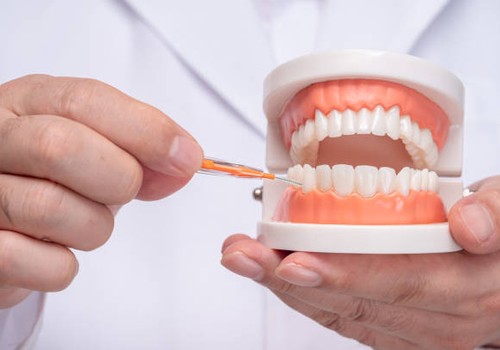
Our Treatments
Interdental Brushing
In the 21st Century we are better educated than ever with regard to our dental care. With a pro-active and preventative approach which includes regular dental check-ups and hygienist services, a better idea of diet and a good regular oral hygiene routine more people than ever before are able to keep their teeth strong and healthy- maintaining a full set of teeth into old age.
Despite our best efforts, the daily development of plaque on our teeth and gums never stops. Even with regular brushing it is important to attend regular hygienist appointments so that teeth can been cleaned and polished and any tartar build-up professionally removed.
It can be easy to forget about those areas in your mouth that are particularly hard to reach. Many of us have small gaps between our teeth- unfortunately these can get missed when we brush our teeth. This often results in a build- up of plaque which can damage our gums and teeth- without us even knowing until it’s too late.
There are a variety of items available to help with our ‘interdental’ cleaning. Most of us have heard of dental floss- which is very useful for cleaning between teeth. However, it doesn’t remove bacteria from the gum line. Other interdental appliances such as single tuft toothbrushes, dental sticks, rubber tip stimulators and irrigation devices are ideal for reaching those difficult spots helping to remove bacteria before it causes any major issues.
Things to bear in mind:
- Interdental toothbrushes are available in different sizes. You may require a range of sizes for different teeth. Never force the brush- but it should fit snugly- ensuring that you reach all sides of the interdental space.
- You do not need to scrub between teeth. The action of moving the brush backwards and forwards once or twice is enough.
- Remember to use your interdental brushes every time you clean your teeth.
- It is very common for you to experience bleeding when you first start using interdental brushes. Don’t worry- this is quite normal and is due to the movement of bacteria from the gums. The bleeding will stop after a few days when your gums become healthier.
Call us today for more information or to book a check-up with your Dentist or Hygienist for further advice.
